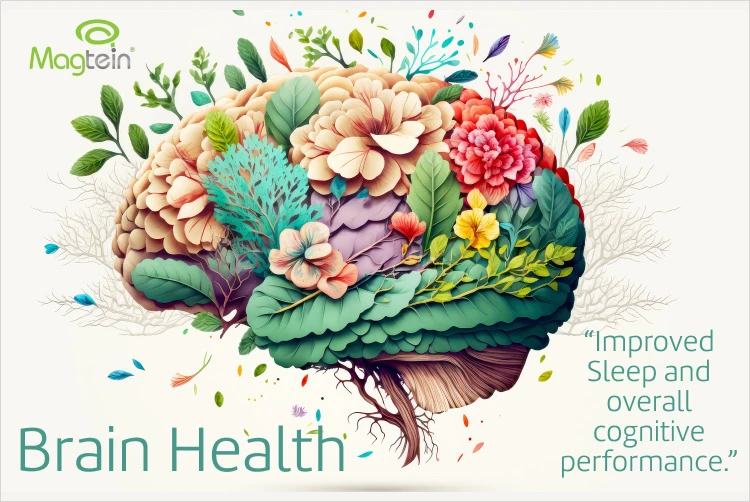
VITAMIN D
VITAMIN D
Often referred to as the “sunshine vitamin and well-known for supporting strong bones, as it aids in calcium absorption, reducing the risk of fractures and bone-related issues.
Category
Specialty Ingredients

INGREDIENT OVERVIEW
More INFORMATION
You should know that vitamin D, often called the “sunshine vitamin,” is synthesized in your skin when exposed to sunlight. UVB rays trigger this natural process, converting a precursor molecule into vitamin D3. However, the ability to make vitamin D varies with factors like location, skin pigmentation, and sunscreen use. While sunlight is a significant source, dietary sources like fatty fish and supplements are vital for those with limited sun exposure. Balancing sun exposure is key to maintaining health. Striking this balance ensures you get the benefits of vitamin D without risking skin damage or excessive sun exposure.
The optimal daily dose of Vitamin D3 (cholecalciferol) can vary based on several factors including age, sex, baseline vitamin D levels, geographic location, sun exposure, skin pigmentation, and individual health status. Here are the general recommendations from the Institute of Medicine (IOM), which are widely cited:
- Infants (0-12 months): 400 International Units (IU) or 10 micrograms (mcg) per day
- Children (1-18 years): 600 IU or 15 mcg per day
- Adults (19-70 years): 600 IU or 15 mcg per day
- Adults (71 years and older): 800 IU or 20 mcg per day
- Pregnant and breastfeeding women: 600 IU or 15 mcg per day
These amounts are considered sufficient to maintain bone health for most people. However, some studies suggest that higher doses may be needed to maintain optimal blood levels, especially for individuals at risk of deficiency. The Endocrine Society provides a slightly higher recommendation, suggesting that 1,500-2,000 IU per day may be necessary for adults.
Specific Considerations
- Baseline Vitamin D Levels: It’s important to know your baseline serum 25-hydroxyvitamin D levels before starting supplementation. This can be determined through a simple blood test. Individuals with levels considered deficient or insufficient may require higher doses to reach optimal levels.
- Sun Exposure: Vitamin D synthesis can be affected by the latitude, season, time of day, air pollution, sunscreen use, and skin pigmentation. Those with limited sun exposure may need higher supplemental doses.
- Absorption and Metabolism: Certain conditions, like gastrointestinal disorders, can impair the absorption of vitamin D. Additionally, older individuals and those with obesity or darker skin may have different requirements.
- Upper Intake Level: The IOM has set an upper intake level (UL) for vitamin D at 4,000 IU per day for adults. Exceeding this limit on a regular basis can lead to toxicity, with symptoms such as nausea, vomiting, weakness, and serious complications like kidney damage.
- Calcium Intake: Vitamin D3 supplements are often taken to improve calcium absorption. It’s important to also consider dietary calcium intake, as the balance between calcium and vitamin D is crucial for bone health.
- Interaction with Medications: Vitamin D3 can interact with various medications, including steroids and weight-loss drugs. It’s important to discuss supplementation with a healthcare provider if you are on medication.
- Consultation with Healthcare Providers: Given the potential risks of both deficiency and excess, it’s advisable to consult with a healthcare provider to determine the most appropriate dosage for your individual needs.
It is always recommended to personalize vitamin D3 intake based on individual health needs and under the guidance of a healthcare provider, especially since the “optimal” level can vary widely between individuals.



COFFEE BERRY ENERGY
Sponsored Content
Featured Products
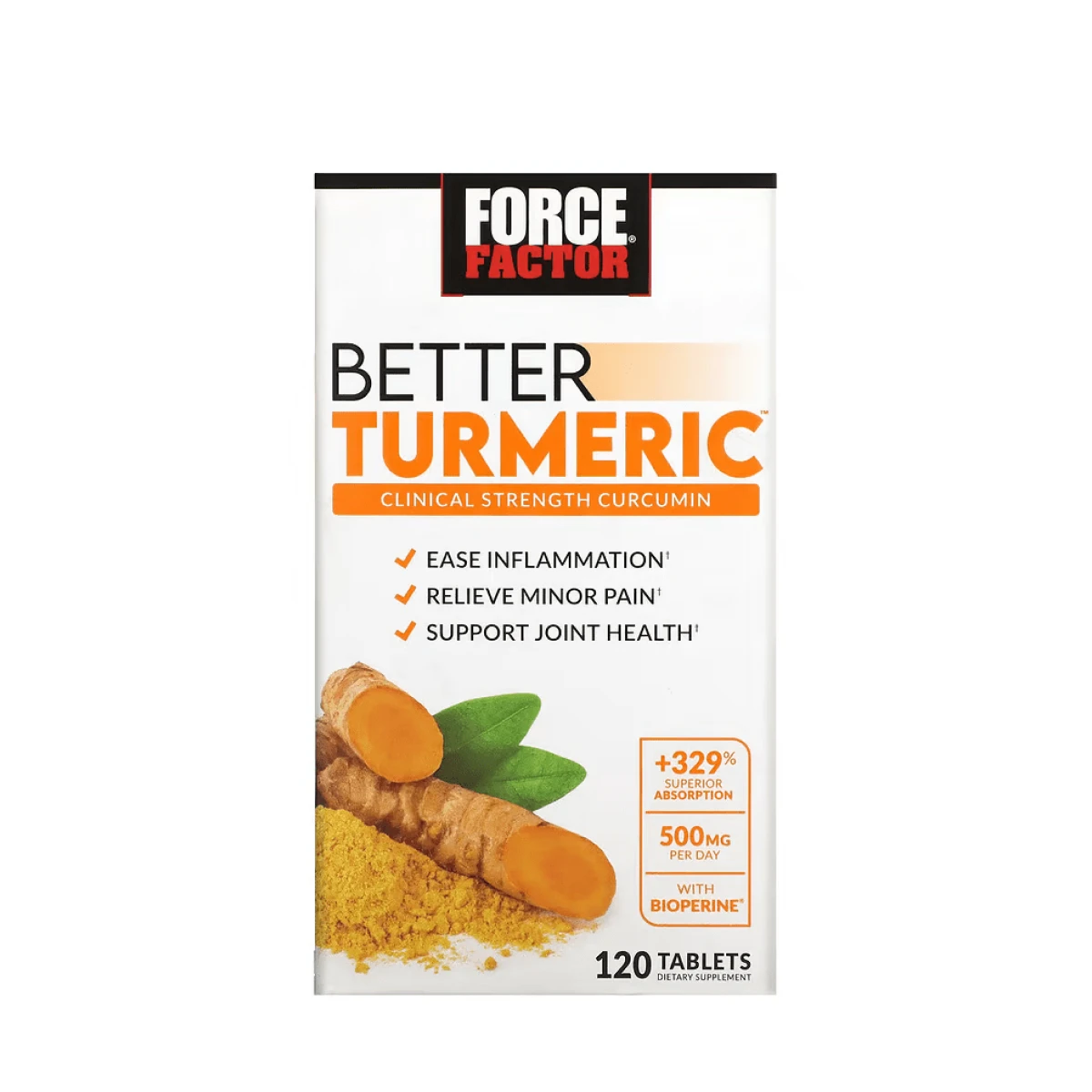
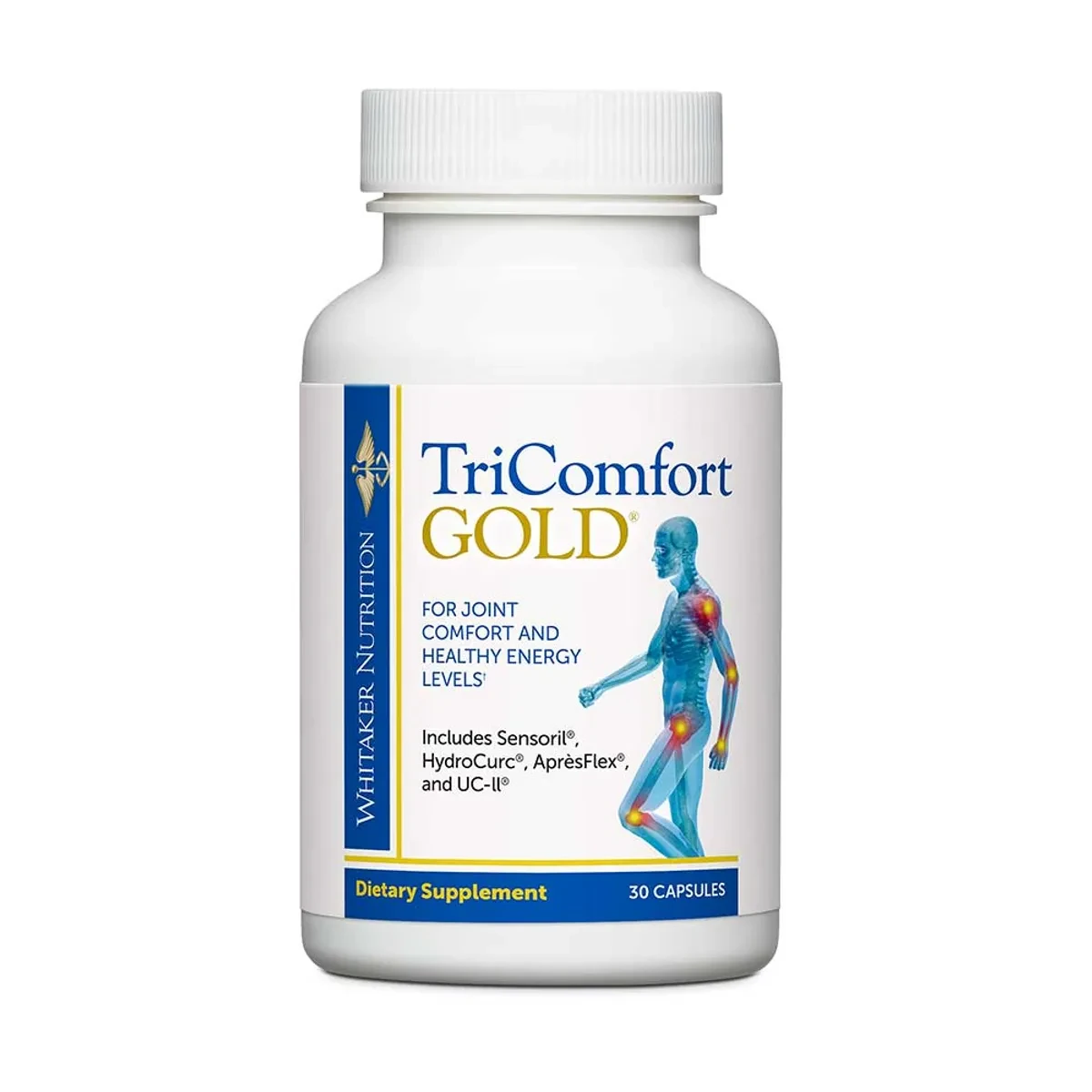
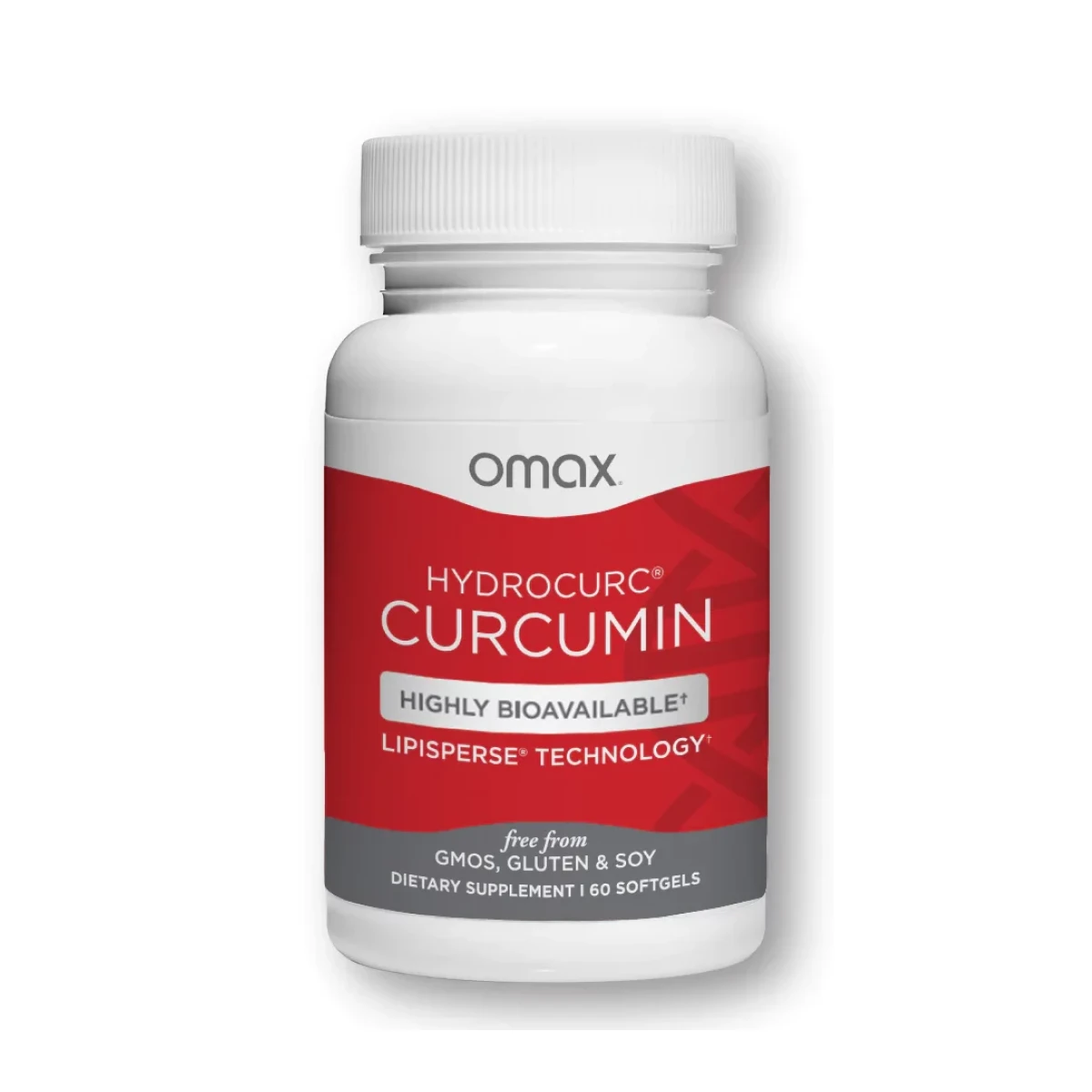
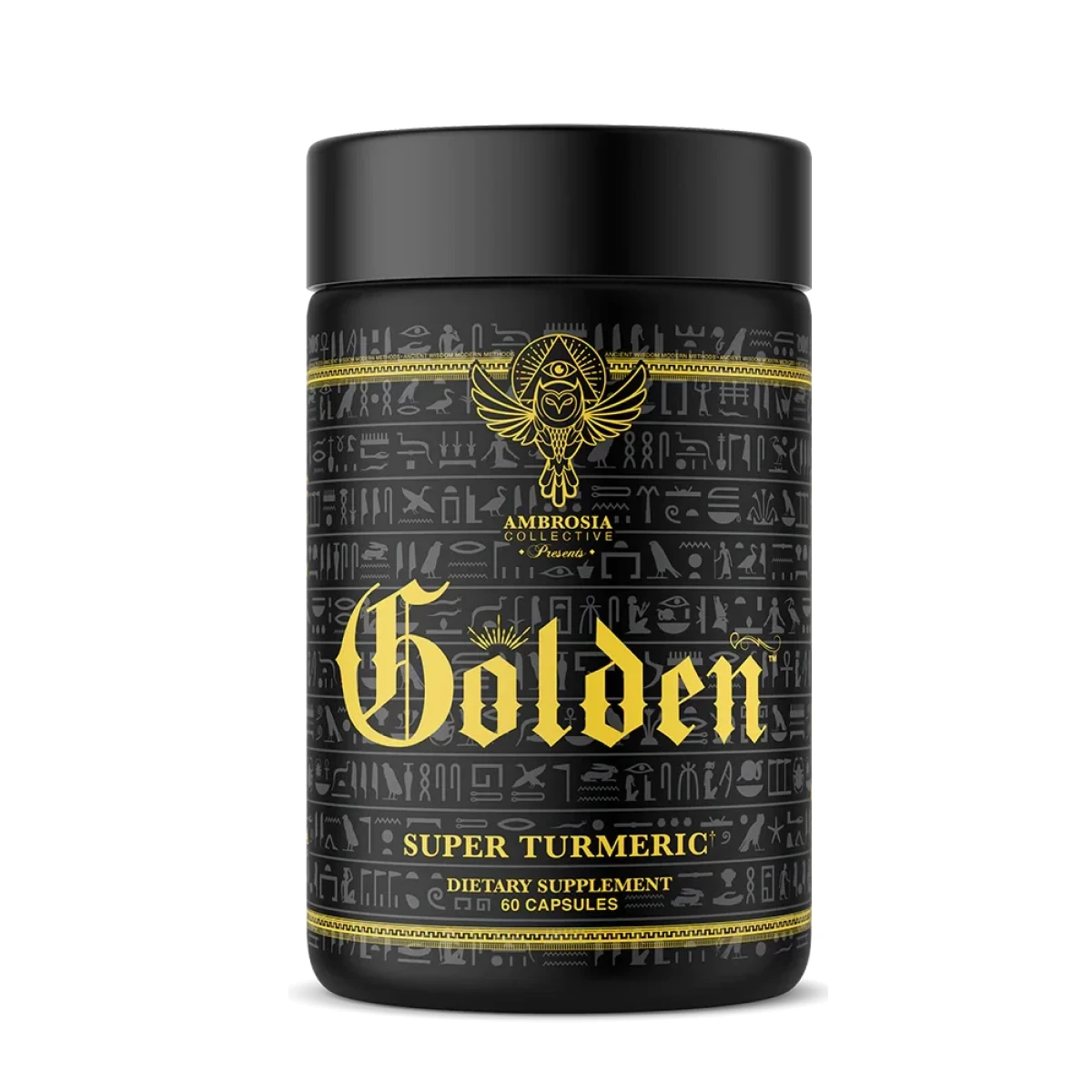

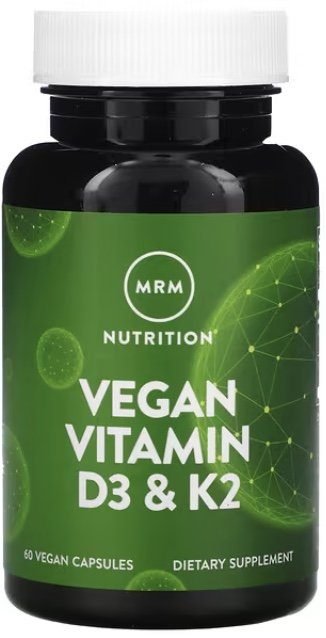
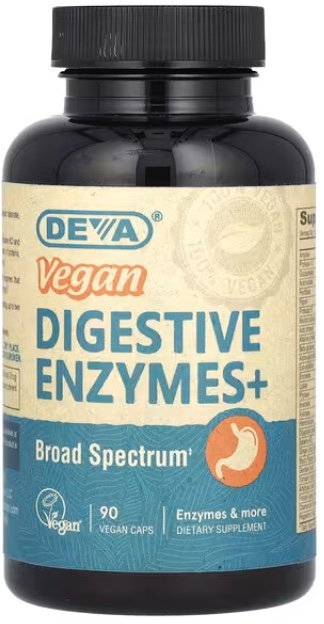
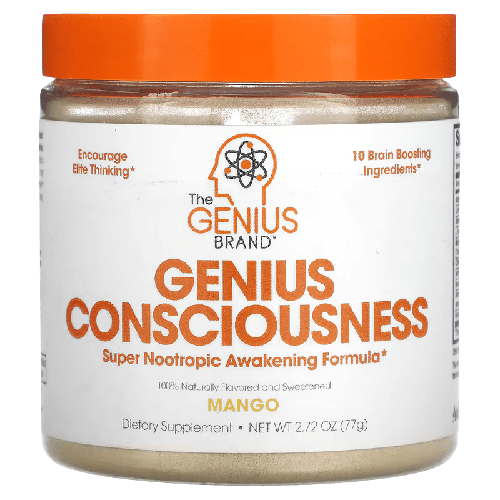
It is important to note that the content on Genmag is not intended to diagnose, treat, prevent, or reverse any physical or medical condition. Although our articles may a number of topics including specialty ingredients that can benefit various health goals, they are not a replacement for a balanced diet and healthy lifestyle habits. We strongly recommend consulting a doctor before taking any health supplement or beginning an exercise program, particularly if you have a pre-existing medical condition or take medication. Supplements can interact with certain medications and affect their effectiveness.
Q &A
Vitamin D is a fat-soluble vitamin that plays a crucial role in maintaining strong bones, supporting the immune system, regulating mood, and potentially reducing the risk of certain diseases.
Vitamin D can be obtained through sunlight exposure, dietary sources like fatty fish and fortified foods, and supplements.
Symptoms of a Vitamin D deficiency may include bone pain, muscle weakness, fatigue, and an increased susceptibility to infections.
Some research suggests that Vitamin D may play a role in mood regulation, and a deficiency is associated with an increased risk of mood disorders. However, further studies are needed to establish a conclusive link.
Ingredient reviews
There are no reviews yet. Be the first one to write one.
Content on GenMag™ is for informational purposes only and is not intended to diagnose, treat, prevent, or cure any physical or medical condition. While our articles may cover a variety of topics, including specialty ingredients that may potentially support various health goals, they are not a substitute for a balanced diet and healthy lifestyle habits. We strongly recommend consulting a healthcare professional before taking any health supplement or starting an exercise program, especially if you have a pre-existing medical condition or take medication. Certain supplements may interact with medications and pose health risks.
Q & A
Vitamin D is a fat-soluble vitamin that plays a crucial role in maintaining strong bones, supporting the immune system, regulating mood, and potentially reducing the risk of certain diseases.
Vitamin D can be obtained through sunlight exposure, dietary sources like fatty fish and fortified foods, and supplements.
Symptoms of a Vitamin D deficiency may include bone pain, muscle weakness, fatigue, and an increased susceptibility to infections.
Some research suggests that Vitamin D may play a role in mood regulation, and a deficiency is associated with an increased risk of mood disorders. However, further studies are needed to establish a conclusive link.


